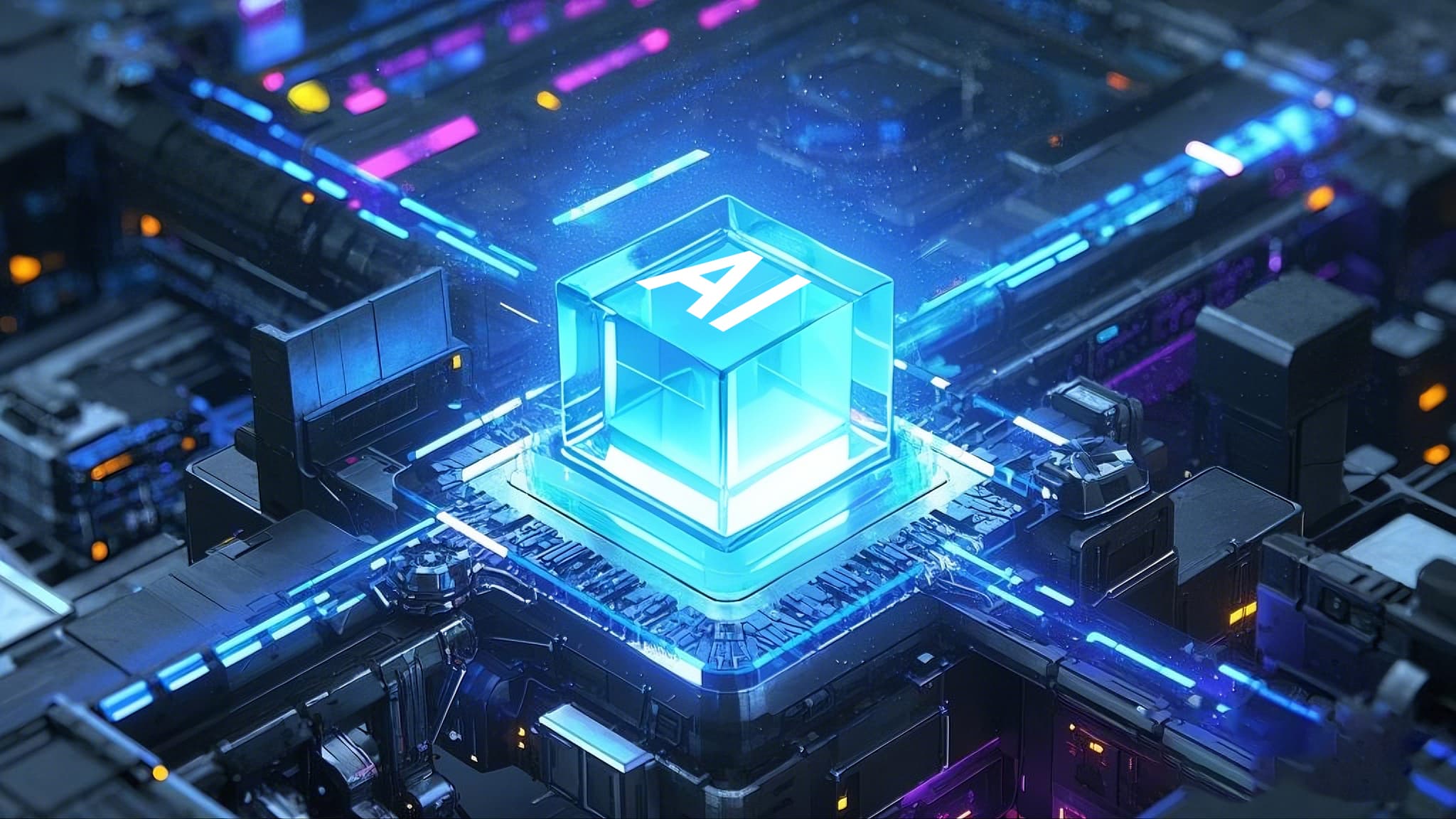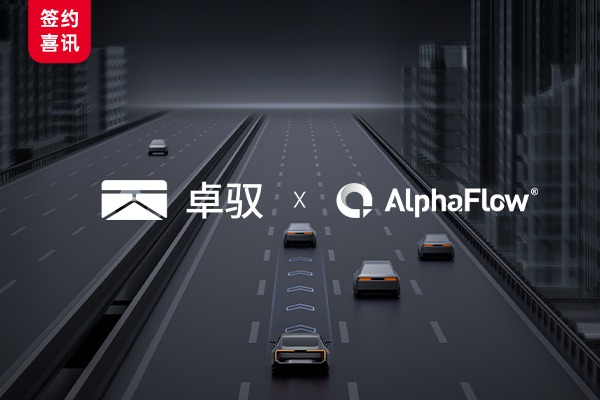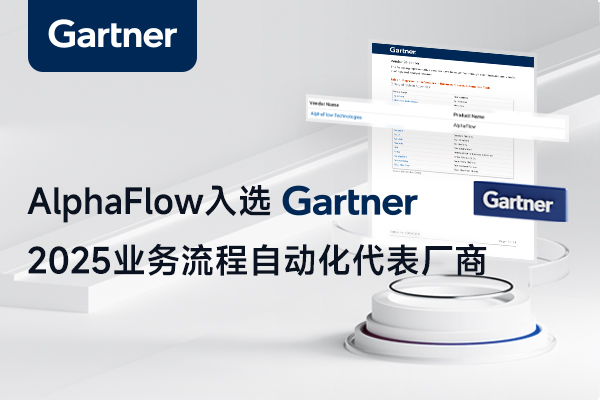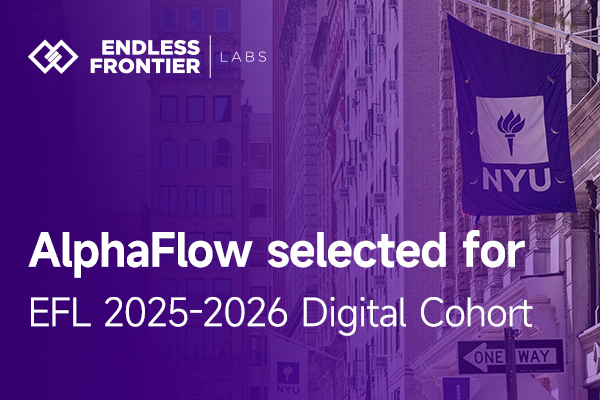With the continuous development of artificial intelligence technology, especially the rise of generative AI, more and more enterprises are integrating AI technology with traditional workflow engines to drive the intelligence, automation, and innovation of business processes. Generative AI, particularly technologies based on large language models (LLMs) such as DeepSeek and ChatGPT, can generate, understand, optimize, and execute tasks in natural language, playing an increasingly important role in workflow engines.
This article will delve into how generative AI enhances the capabilities of workflow engines, analyze its applications in various business scenarios, and explore how it creates value for enterprises.

1. Basic Concepts of Workflow Engines
A workflow engine is a technological platform used to automate and optimize internal business processes. It can transform complex business processes from manual management to automated execution based on predefined rules, tasks, and workflows, reducing human intervention and improving efficiency and consistency. Workflow engines typically include features such as process modeling, task assignment, progress monitoring, and data flow, capable of handling simple task automation to complex end-to-end business processes.
Traditional workflow engines rely on preset rules and workflow models, executing tasks through a rule engine. However, as business complexity increases, traditional workflow engines face many challenges, such as handling dynamic changes, dealing with uncertainties, and making flexible adjustments. The introduction of generative AI can help workflow engines overcome these limitations and enhance their intelligence levels.
2. How AI Enhances the Capabilities of Workflow Engines?
The powerful capabilities of generative AI play a significant role in workflow engines, enabling optimized process design, enhanced decision support, automation, and continuous improvement of business processes through adaptive learning.
1). Automated Decision-Making and Task Allocation
Traditional workflow engines primarily rely on manually configured rules for task allocation and decision-making. In contrast, generative AI can make real-time decisions based on large amounts of data and automatically adjust task allocation and execution plans according to the context. With generative AI, workflow engines can automatically optimize decision-making processes in complex and dynamic business scenarios without human intervention.
For example, in a customer support scenario, generative AI can automatically determine the priority of tasks and assign them to different support agents based on the content of customer inquiries. It can understand customer needs and make intelligent decisions, thereby improving response speed and customer satisfaction.
2). Intelligent Process Optimization
Generative AI can analyze large volumes of historical and process execution data to automatically identify bottlenecks, inefficiencies, and potential optimization areas in the process. AI can perform adaptive learning, automatically optimizing process design based on real-time data feedback, adjusting the steps and sequence in the process to enhance overall efficiency.
For instance, generative AI can analyze changes in customer conversion rates in the sales process, identify which steps are causing low conversion rates, and automatically propose optimization suggestions, such as adjusting marketing strategies or redesigning customer touchpoints, thereby improving overall sales efficiency.
3). Natural Language Processing and Interaction
Generative AI's ability to understand and generate natural language allows workflow engines to interact more intelligently with users. In automated workflows, generative AI not only understands user requests but also generates accurate and natural responses. For example, in HR management, generative AI can automatically handle employee leave requests, salary inquiries, and other issues, generating accurate responses or guidance in natural language.
In complex customer service processes, generative AI can engage in conversations with customers, automatically handle various queries, and generate personalized solutions, enhancing service quality and customer experience.
4). Flexible Adaptation to Dynamic Changes
Traditional workflow engines have limited capabilities in dealing with uncertainties and dynamic changes. Generative AI, with its powerful reasoning and learning abilities, can help workflow engines quickly adapt to changing environments and demands. For example, generative AI can adjust production scheduling, inventory management, and other processes based on real-time data, making rapid responses in situations of demand fluctuations or supply chain disruptions.
This flexibility is particularly valuable in industries with high demand variability or instability, such as e-commerce, supply chain, and manufacturing. Generative AI can quickly identify changes and make timely adjustments to processes, ensuring business continuity and efficient execution.
3. Conclusion
As generative AI technology continues to advance, its integration with workflow engines will significantly enhance the operational efficiency and decision-making capabilities of enterprises. The combination of AI and workflow engines brings a more efficient, intelligent, and flexible approach to business process management. By enhancing decision support, optimizing customer experiences, improving adaptability, and driving innovation, AI + workflow engines can help businesses substantially increase operational efficiency, reduce costs, and enhance competitiveness, thereby achieving greater success in complex market environments.











